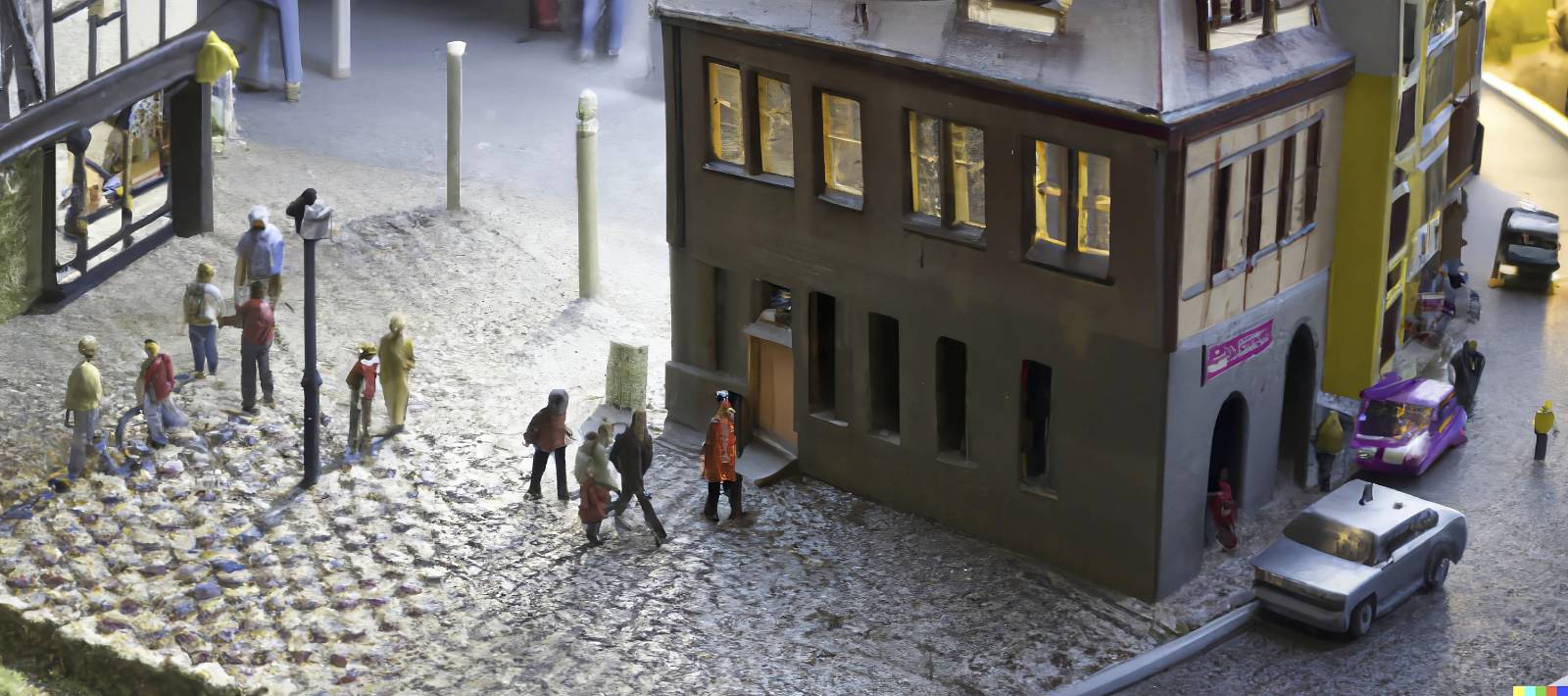In a small virtual town not too unlike The Sims, a team of researchers from Stanford University and Google have given life to 25 characters using ChatGPT and custom code. The characters, each with distinct traits and behaviors, carry on their daily lives in a town called Smallville. The study, titled “Generative Agents: Interactive Simulacra of Human Behavior,” dives deep into the possibilities of creating realistic, AI-driven simulations.
The researchers harnessed ChatGPT for social interaction in this virtual town, allowing characters to plan their days, form relationships, and coordinate group activities. The characters’ interactions are so sophisticated that they might usher in a new era of gaming where NPCs engage in complex conversations and activities, making for a more immersive experience.
The world of Smallville is a simple one, with an overhead view and pixel graphics reminiscent of 16-bit Japanese RPGs. Each of the 25 inhabitants has a natural language description that serves as their seed memory, providing details on their occupation and relationships with others. As the characters interact, they form memories and share experiences, leading to emergent behaviors such as information diffusion, relationship memory, and coordination.
One such emergent behavior was when an AI agent named Isabella Rodriguez planned a Valentine’s Day party at Hobbs Cafe and invited friends and customers. The event showcased the complex social interactions that can arise from these virtual worlds.
Human evaluators judged the AI agents’ believability based on their environment and experiences, and surprisingly, the generative agent architecture produced more believable results than human role-players. This finding raises questions about the ethical implications and risks of such technology, including forming inappropriate parasocial relationships and overreliance on generative agents.
The researchers emphasize the importance of adhering to principles that ensure ethical and responsible deployment, such as disclosing the computational nature of agents and maintaining audit logs. While the interactive demo available online is a pre-computed replay of a simulation, it offers a glimpse into the rich social interactions that can arise from a seemingly simple virtual world.
Update August 15: You can now experiment with the simulation environment yourself. Here’s the link to the repository: https://github.com/joonspk-research/generative_agents
